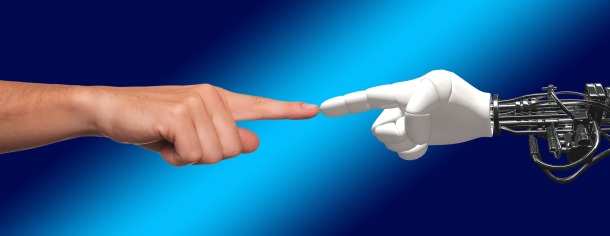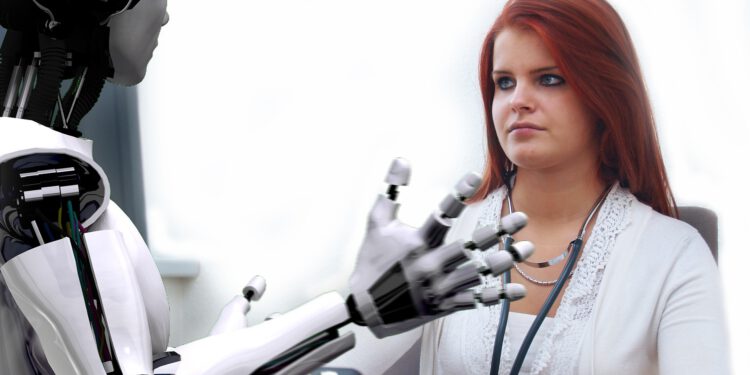A study conducted by Oracle and Future Workplace has concluded that 64% of employees would prefer a robot as their boss.
The rapid adoption of artificial intelligence, as well as its growing development, are new perspectives in the field of employment. L automation will create new opportunities , it will transform a large number of jobs and modify industrial and professional relations in companies.
This is the subject of the study conducted by Oracle and the analyst firm Future Workplace. With data from a survey of 8,370 employees, managers and leaders in the field of human resources across ten countries, the report draws some conclusions about how artificial intelligence is changing the relationship between people and technology at work.
Among the most talked about trends related to automation is replacing workers with robots. It is one of the most controversial issues, although the approach to address it is not always as complete as it should be. And, as some analyses point out, automation will create new professional opportunities.
The study conducted by Oracle and Future Workplace, however, addresses another even less debated issue. It’s about the possibility of having a robot as a boss in the future. The results obtained from the sample are interesting. 64% of respondents would trust a robot more than a person as a boss. And half of them would ask a machine for advice rather than their manager.
In India and China are the countries where there is more confidence in robots above their own bosses. Respectively, 89% and 88% prefer an algorithm or a machine. While the countries with the least are the United Kingdom (54%) and France (56%).

Perhaps this is due to the trust you have in a robot. Your decisions depend on well-executed calculations and are based on efficiency. The virtues that respondents see in machines are: unbiased information, ability to maintain a schedule of work, troubleshooting, and ability to maintain budget.
However, people would excel by better understanding employees ‘ feelings, encouraging them and creating a corporate culture.
Artificial intelligence, increasingly integrated
The study shows that artificial intelligence has become more relevant. 50% of workers already use some form of AI at work, compared to only 32% last year.
There’s another fun fact. The majority of workers (65%) are optimistic and enthusiastic about the prospect of having a robot coworker. The percentages differ by country and the study averages at the general level. But the general trend is that countries like China and India are more enthusiastic about AI , while others like the UK, France, the US and even Japan appear to be more skeptical.
Images: tmeier1964, geralt









